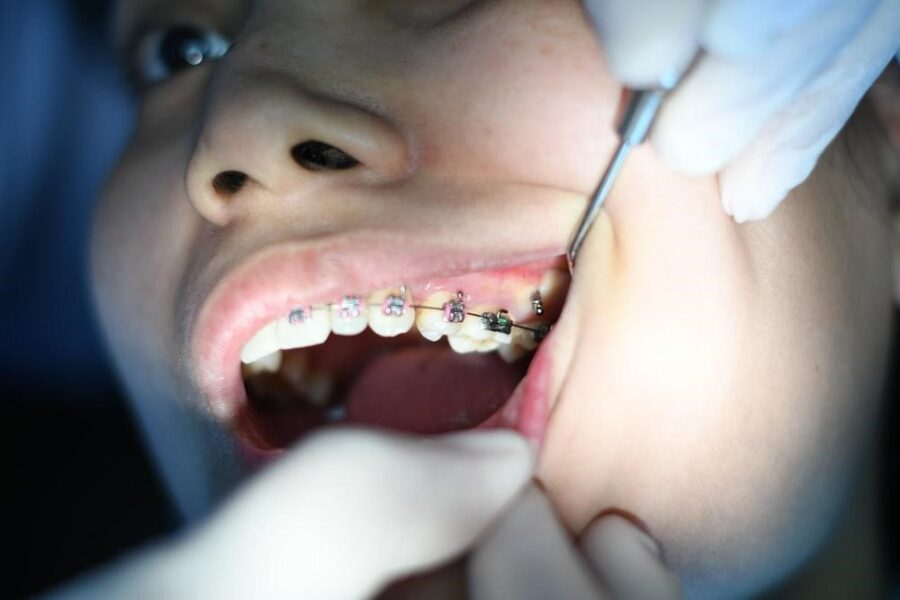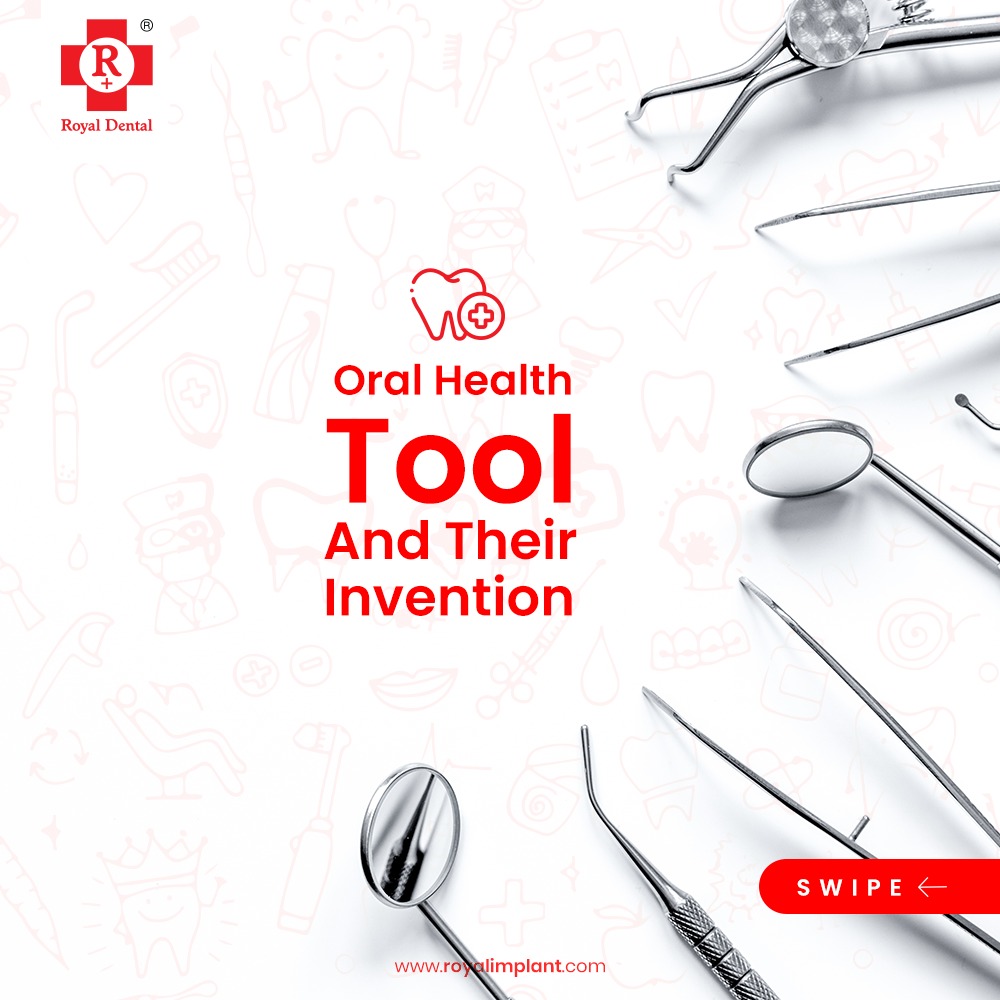General dentists and orthodontists are both dental specialists with unique skills. While it may seem that these two professions have little in common, they do share similar responsibilities. Both professionals work to improve the health and appearance by diagnosing oral health problems and developing treatment plans to address those issues. The main difference between a dentist and an orthodontist is their area of specialty. Dentists receive training in treating a wide variety of dental issues such as cavities, gingivitis, and periodontal disease, as well as aligning teeth using braces or other appliances when necessary. Orthodontics is a subspecialty of dentistry that focuses on aligning teeth for an attractive smile through braces, Invisalign®, or other corrective measures.
Who is an Orthodontist?
An orthodontist is a dental specialist who has completed additional education in the fields of dentistry and orthodontics. They specialise in the diagnosis and treatment of misaligned teeth and jaws. Because orthodontists undergo more training than dentists, they are more qualified to treat patients with severe orthodontic issues. In some cases, such as when a child has a congenital or genetic condition that has caused misalignment, a dentist may refer a patient to a braces dentist for treatment.

Orthodontists often treat patients who have difficulty achieving optimum dental health through regular brushing and flossing. Children with severe spacing issues, those who experience significant tooth decay, or those with other dental health issues are often treated by braces dentist. Adults who have lost teeth in an accident or from periodontal disease are also good candidates for orthodontic treatment.
Can a General Dentist practice orthodontics?
YES! A dentist can become an orthodontist. To become an orthodontist, one must complete an additional three years of graduate-level education. General dentists who wish to become orthodontists may pursue this route by completing a dental hygiene program, a full-time master’s program, or a doctoral program in orthodontics. Dentists who wish to become orthodontists typically go through an additional two to three years of graduate school.

Why pursue orthodontics?
There are many reasons why a dentist may seek to become an orthodontist. Becoming an orthodontist allows general dentists to practice a subspecialty of dentistry that is less time-consuming than general dentistry. As a result, many general dentists who become orthodontists are able to see more patients in a day than they could as a general dentist.
The Orthodontists are also better compensated for their services than general dentists. Orthodontists can also help to reduce the stigma of going to the dentist that is often associated with braces. The Orthodontists are able to perform more involved dental procedures such as dental extractions, tooth implants, and wisdom teeth removal. As a result, orthodontists often have more autonomy in their specialty than general dentists.

Why Doesn’t a General Dentist Practice Orthodontics?
Some general dentists may not want to go through the extra training to become an orthodontist. Other dentists may not have the time to pursue an additional three years of schooling. Dentists may also not have the interest in treating orthodontic patients because orthodontic care often requires more invasive dental procedures than general dentistry. Those who become orthodontists also often earn more than their general dentist colleagues. Orthodontists are also able to treat a wider range of patients than general dentists, as general dentists do not perform any dental procedures that require braces.
Conclusion
There are many similarities between general and braces dentist. Both types of dental specialists are responsible for diagnosing, treating, and preventing dental issues, such as cavities and gum disease. The main difference between these professions is the focus of the treatment. While general dentists work to treat a variety of dental issues, orthodontists focus on correcting misaligned teeth and jaws through braces. Becoming an orthodontist requires more schooling than becoming a general dentist.






